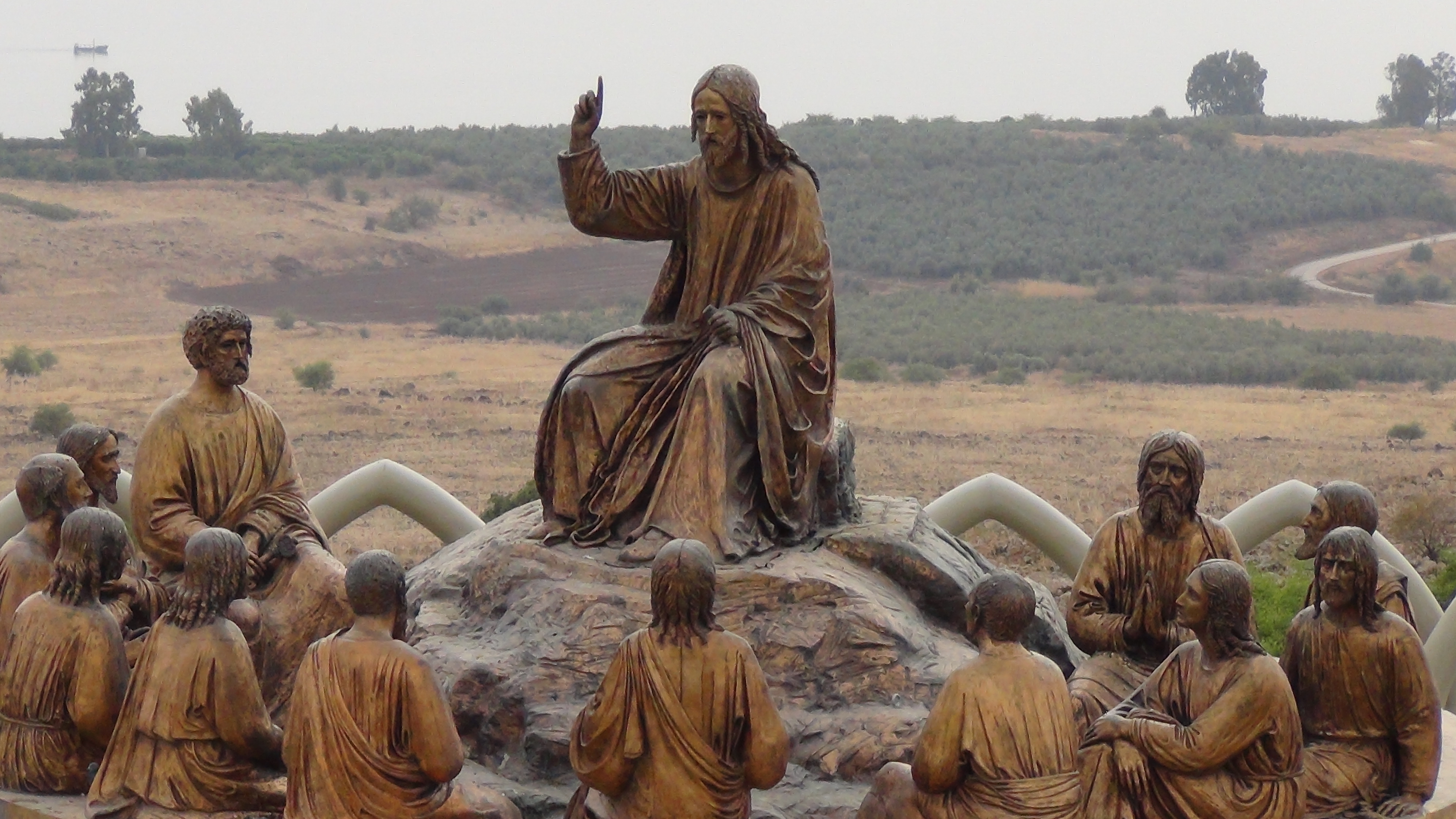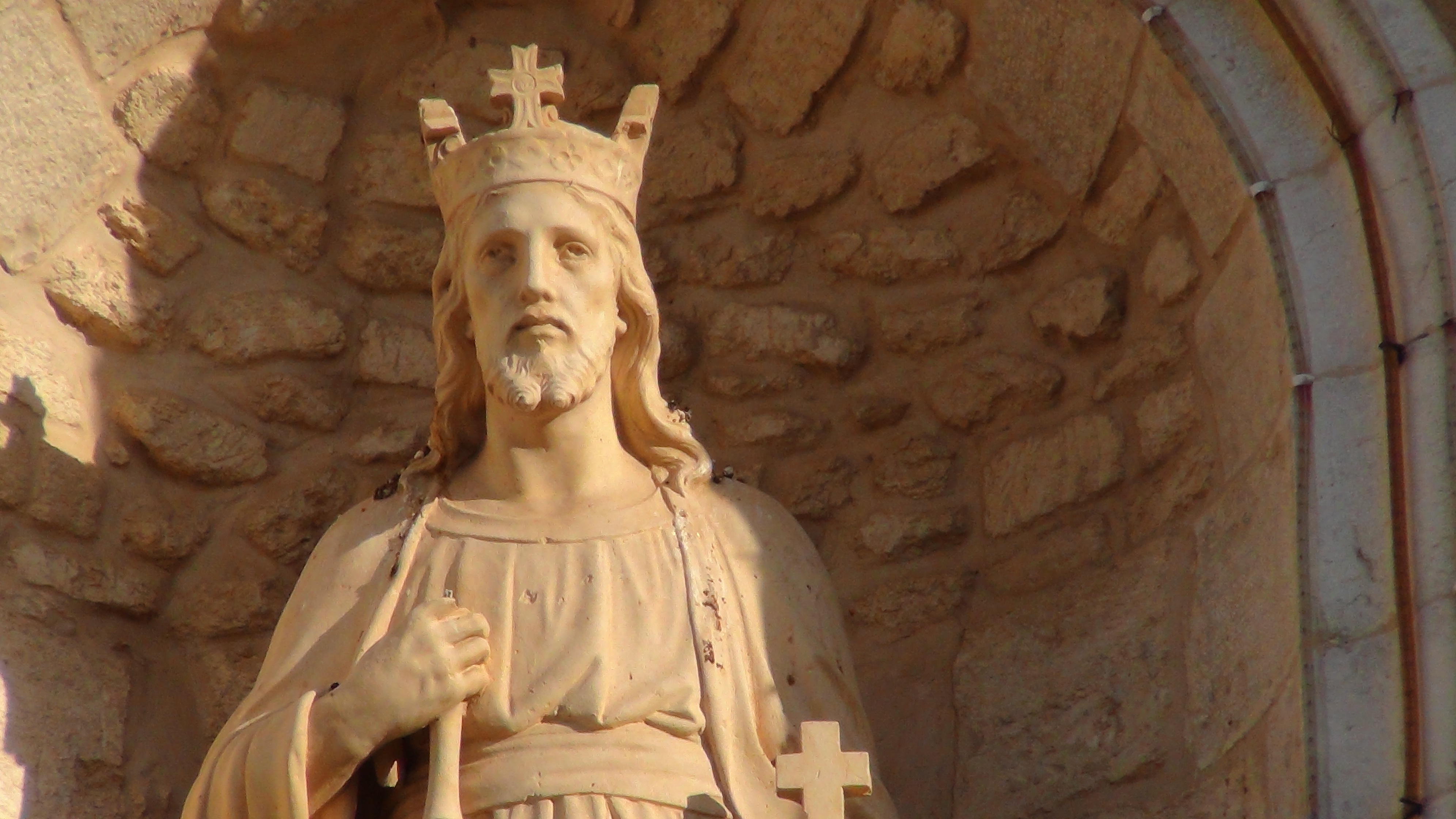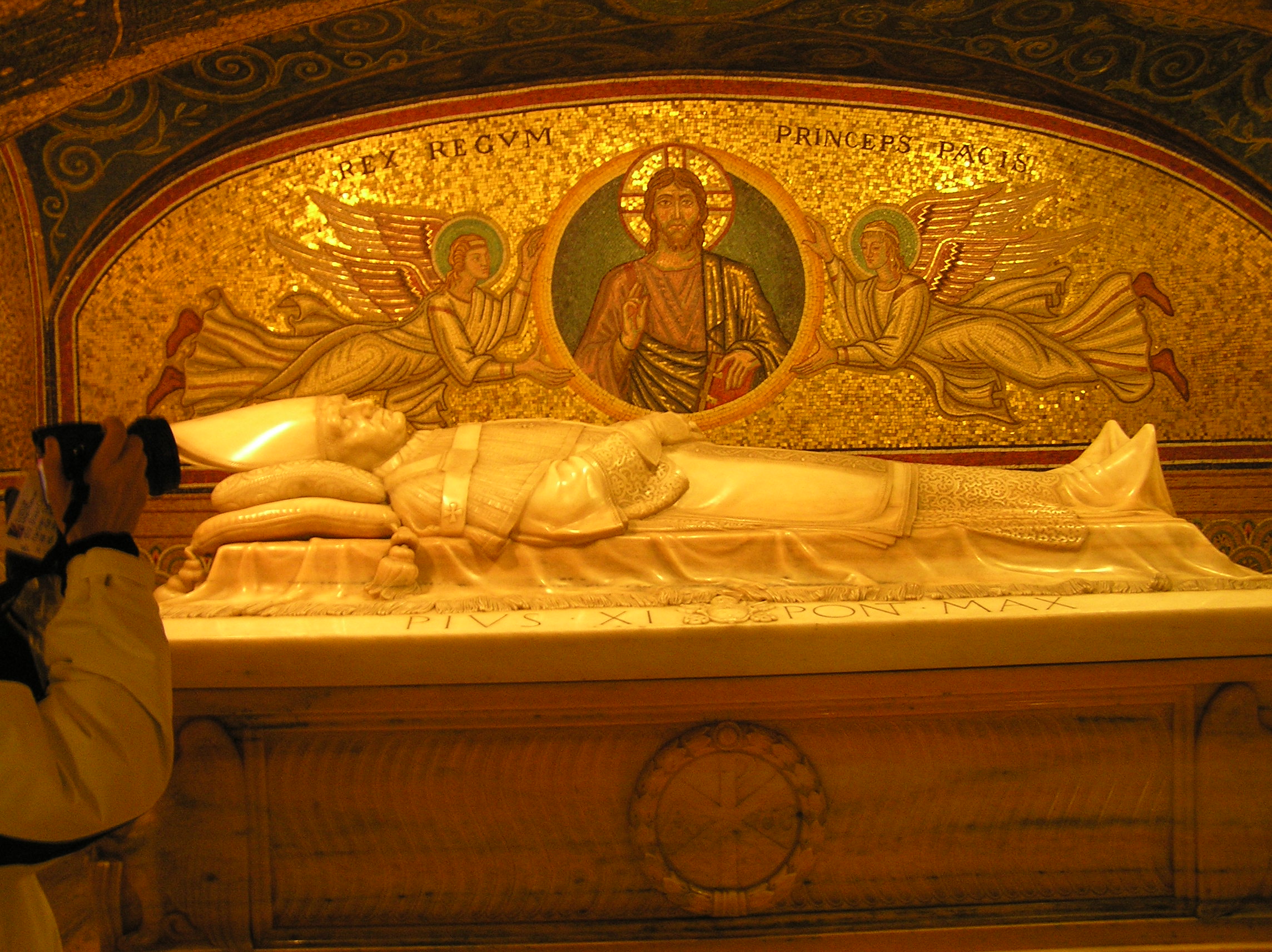Jer. 33:14-16; Ps. 25:4-5, 8-10, 14; 1 Thess. 3:12-4:2; Lk. 21:25-28, 34-36
“The Lord our justice is faithful”. Happy New Year to the Church on this the first week of Advent. The new year is a sign of hope, of God’s “kindness and constancy” in good times and in bad. This past year we have lived through both, celebrated birthdays and anniversaries and seen friends and family pass on from this world. Some may question, “where is the Lord’s justice?” In a world where hate, abuse of power, destruction of property, murder and a loss of hope led some to suicide “where is the Lord’s justice?” The Lord is faithful in the mystery of salvation for even death has lost its power and become the next right step to eternal glory.
The Lord calls us friends with “kindness and constancy toward those who keep his covenant and his decrees.” The Lord will show us his love and grant us salvation. The Lord will come “in a cloud with power and great glory” for the day of our “redemption is at hand”. We are redeemed by the cross, by coming to the waters of baptism, by our confession of faith in keeping his covenant, and by receiving his body and blood in the Eucharist for the journey no matter how difficult path. In the darkness of the Lord’s passion and death those who kept the faith became the witnesses of the resurrection and received the gift of the Holy Spirit. Advent is a reminder of leaving behind the darkness of the past and welcoming the light of the present in hope and anticipation of “The days are coming, says the Lord, when I will fulfill the promise…”.
The promise has been fulfilled in Jesus Christ with the power to bring down earthly kingdoms and rise up a new one for the kingdom of God. The promise comes not in a distant God but in a personal relationship with Jesus to teach us the path and truth to discover and remain in his kingdom. In Jesus is the joy of discovery of “who am I?” made in the image of God. It is a personal discovery of the kingdom prepared for us to live this day. It is a discovery of abounding “love for one another and for all”. It begs the question, “How great is our love for one another and for all?” The answer will reveal how close or far we are from the kingdom of God. The state of holiness is love, filial love becoming agape love. In the kingdom of God, he reveals to us his love and grants us his salvation.
While many look to the “sun, the moon, and the stars” for signs, they foolishly dare to prognosticate the day of the coming of the Lord. For the faithful the Lord’s coming is already upon us and the signs of the times have arrived and will continue to shaken the world. The world remains in its slumber “drowsy from carousing and drunkenness and the anxieties of daily life”. The children of God “stand erect” awaiting the redemption of God like a thief in the night, surprised and yet ready for the “assault”. “Our heads are raised up to you, O Lord!”
“The Lord our justice” is with us as we pray for the “strength to escape the tribulations that are imminent”. Today we live our tribulation in a culture of death with the promotion of “defund the police” while crime rises on the streets, abortion and death to the child even after its birth, a “reimagining” of the family with same sex couples and a resocialization of society as a kingdom of the state with mandates that oppose religious freedom. This is our tribulation and how we respond may require a martyr’s sacrifice but, in the end “the Lord our justice” will give us the victory of light over darkness, of freedom over persecution, of truth over false teaching.
“The Lord our justice” allows for the lesson of suffering for purification and the greater the sins the more the world is calling for a purification of souls. Words cannot give justice to the anguish of sin and the call for justice but the soul will recognize when the time comes to be ready and meet our Lord, “the Lord our justice”.







Recent Comments